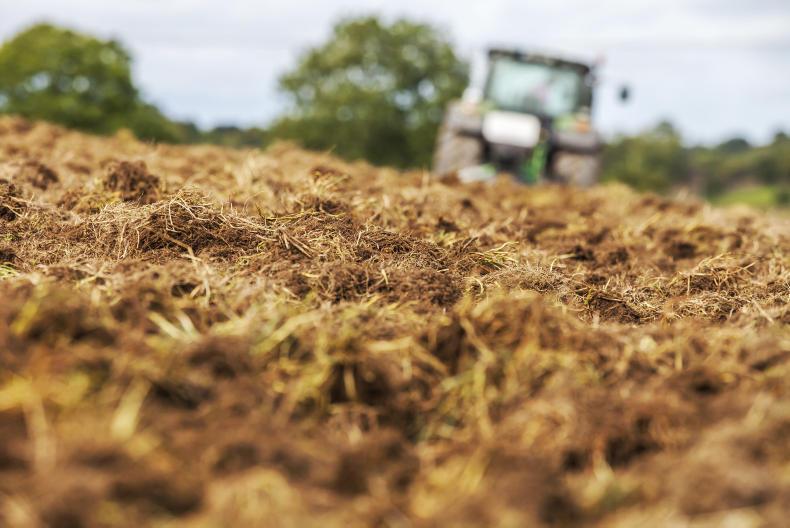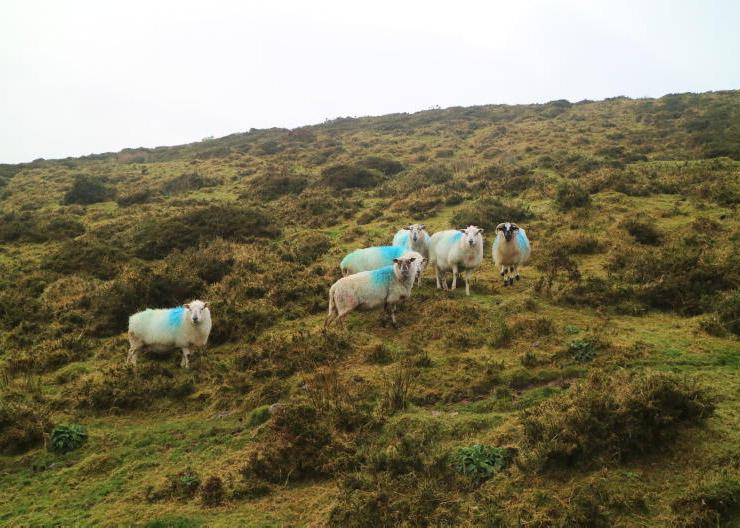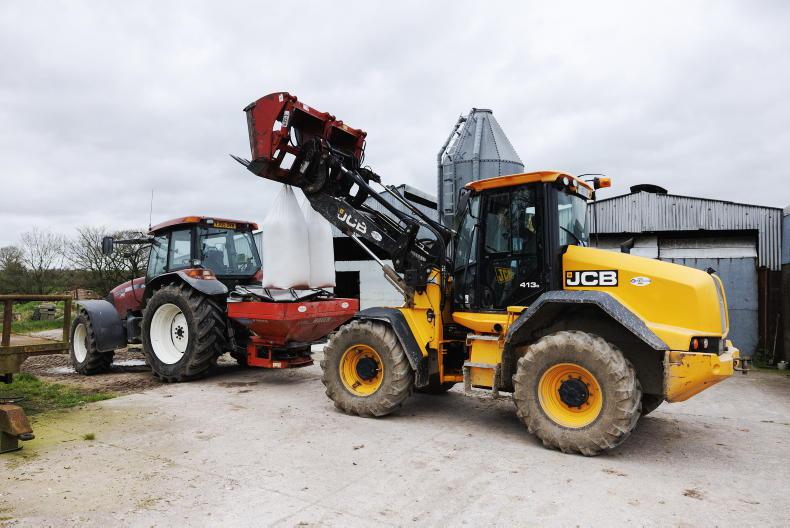Soil fertility has emerged as a major area to improve farm financial and environmental sustainability, according to advisers, researchers and farmers taking part in a workshop in Tullamore last Thursday. The event was organised by the National Rural Network and the Department of Agriculture.
“Better soil will give a better crop and will be more resilient in terms of climate change. It will also store more carbon and help with climate change mitigation,” said IFA Cork central chair Harold Kingston. The dairy farmer also mentioned water infrastructure as a key investment to protect farmers from changing weather patterns, saying that a €2,500 spend on trough upgrades and larger pipes on his dairy farm would be repaid within two years. “A participant in the Smart Farming programme was losing 2l/cow because of a lack of water at times it was needed,” he said.
The discussion focused on how farmers can adapt to weather changes that have already begun to happen. Maynooth University climatologist Dr Conor Murphy showed long-term data demonstrating the increasing frequency of abnormally hot years, especially in the past 30 years. Irish rainfall data over the past three centuries “shows a clear direction of travel towards wetter winters” as well as drier summers. Murphy also forecast more severe storms and a higher concentration of rainfall during extreme events. Less even rain is likely to increase compaction and waterlogging problems on poorly managed soils.
“We know that #climatechange is already happening and we know that humans are the cause“ - Dr Conor Murphy of @ICARUS_Maynooth Each dot shows abnormal temperatures in a country in the world #AgriClimate pic.twitter.com/fQROLwzvW9
— Thomas Hubert ?? (@tom_hubert) November 1, 2018
Most speakers linked the response to these threats back to soil fertility. “Farmers with wet soils have learned to build fodder reserves. It needs to shift to farms with drier soils,” said Michael O’Donovan of Teagasc Moorepark. This means growing more grass and becoming less dependent on bought feed.
He added that the risks posed by changing weather patterns on farms should be translated into cash terms to help farmers make decisions for the future. “For a farmer to change something, you have to get into their mindset, and that’s usually monetary.” Kingston agreed and said that talking efficiency and savings was a more efficient way of talking to farmers about climate change than “environmental shaming”.
Sinead Mellett, an academic studying the way farmers respond to climate change at NUI Galway, said soil and water could be regarded as assets. “We want to put a monetary value on how much farmers value climate change,” she said, expecting a debate in Ireland on farm income insurance against extreme weather events already common in other countries.
The Department of Agriculture is preparing a statutory plan on adaptation to climate change and expects to open consultations on a draft document in the new year. Department senior inspector John Muldowney, too, said addressing phosphorus and lime deficiencies on most farms would form a major part in the response.










SHARING OPTIONS